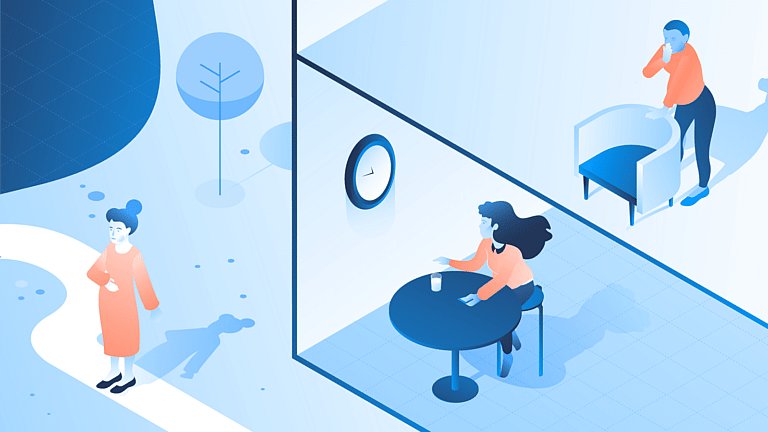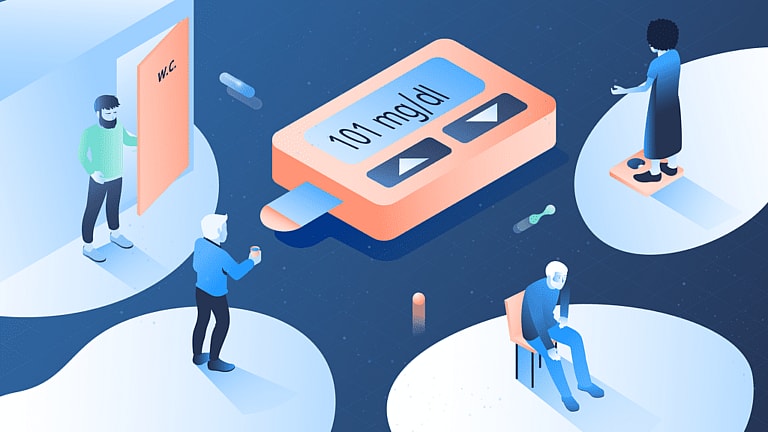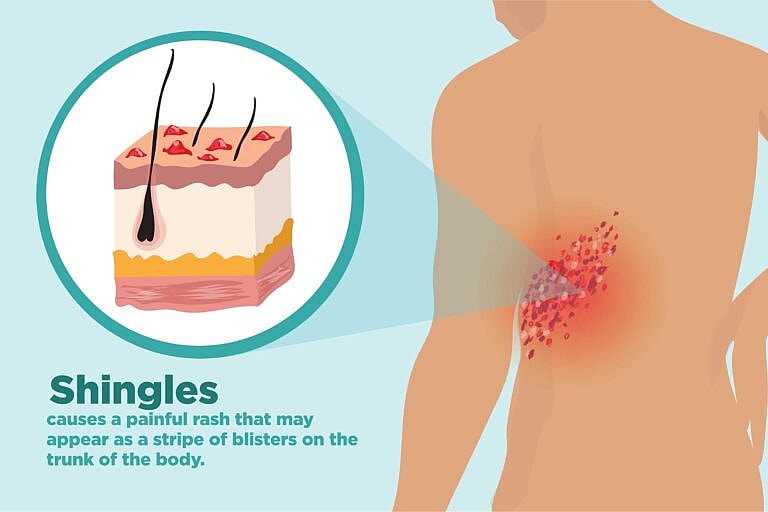My Health
My Health: This term typically refers to personal health management. It can involve tracking and managing personal health data, making lifestyle changes to improve health, and taking steps to prevent health problems. This could include regular exercise, a balanced diet, regular medical check-ups, and managing chronic conditions.
Managing a healthy pregnancy

Managing a healthy Pregnancy can be an exciting but stressful time. As you get ready to welcome a new person into the world, your body will undergo big changes, both visible and invisible. Understandably, you’re going to have questions about…
Working from home

There’s a lot to love about working from home: no commute, pajama days, and for many of us, improved productivity. Recent research found that switching to remote work made people 7% more productive than their office-based colleagues.1 But switching to…
Reducing risk: type 2 diabetes

Type 2 diabetes is a common condition linked to glucose. It affects more people today than ever before, so it’s important you understand how to reduce your risk. You’ve probably heard of glucose. It’s a type of sugar you get…
Reducing screen time

let’s take a look at how Reducing screen time could affect your health, how much is too much, and some tips for cutting down. In our pockets, at the supermarket till, even on our wrists. Like a 1960s vision of…
Getting active

Up until about 12,000 years ago, humans spent most of their time hunting, fishing, and foraging for food.1 In other words Getting active, they were always on their feet. Fast forward to now, and, biologically speaking, we haven’t changed all…
Sunbathing and vitamin D

As cheesy as it sounds, there really is nothing quite like a ray of sunshine to brighten your day. Getting Sunbathing outdoors and active is excellent for your physical and mental health. And it’s not just about getting your blood…
Managing anxiety

Anxiety is a natural part of life, and it’s something we all experience now and again. But people respond to situations differently. Something that makes you feel anxious might not affect someone else the same way. For some people, anxiety…
White Blood Cell Count

What is a white blood cell (WBC) count? Healthy blood contains a certain percentage of white blood cells (WBCs, leukocytes, or leucocytes) which, as part of the body’s immune system, help the body fight infection.1 A white blood cell (WBC) count…
Depressive Episode

The definition of a depressive episode is a period of depression that persists for at least two weeks.1 During a depressive episode, a person will typically experience low or depressed mood and/or loss of interest in most activities, as well as many…
15 Foods to Avoid During Pregnancy

Most foods are safe to eat during pregnancy. However, there are certain foods and food groups to avoid during pregnancy to prevent any harm to the mother or baby. There are also certain precautions to take while preparing food to ensure it is…
Hemoglobin levels

A person’s hemoglobin levels indicate how much hemoglobin is present in their blood. Hemoglobin, also written as hemoglobin, is a complex protein found in red blood cells which helps to circulate oxygen around the body and transport carbon dioxide from tissues…
Signs of Shingles: Herpes Zoster

Shingle is an infection that usually produces a painful skin rash, but the painful tingling sensations which characterize the condition can also occur when no rash is present. Shingles are caused by the varicella-zoster virus (VZV).1 VZV is the same virus…
